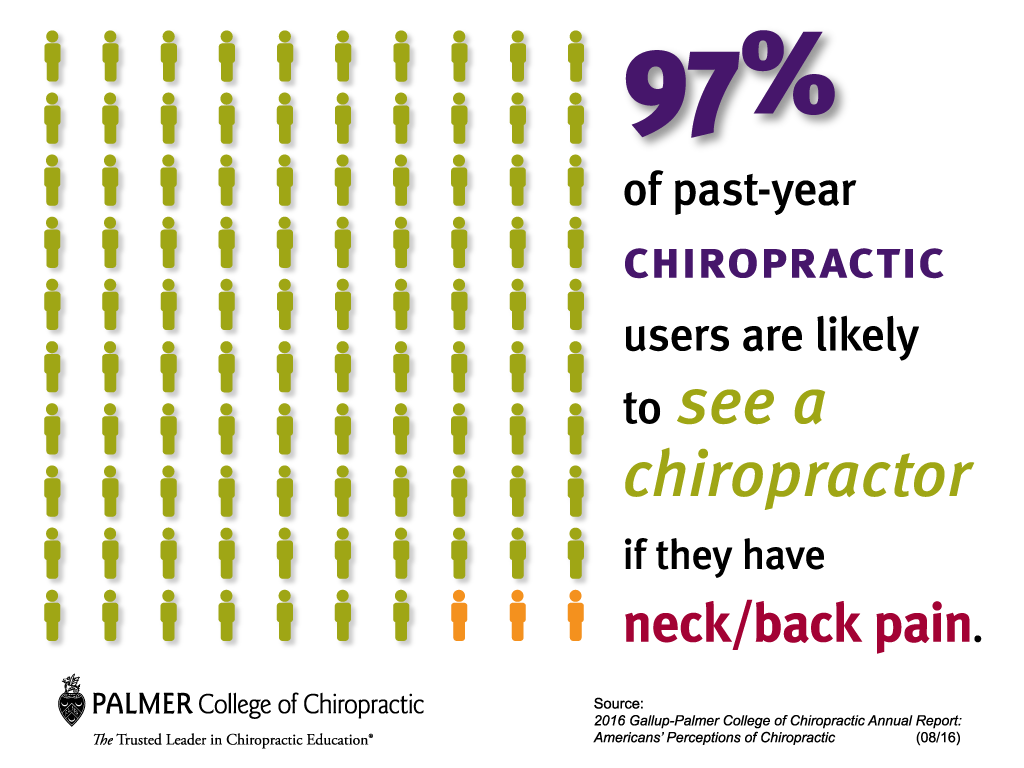Are Chiropractic Adjustments Addictive? Dividing Reality From Fiction
Are Chiropractic Adjustments Addictive? Dividing Reality From Fiction
Blog Article
Authored By-Hoover Nygaard
You could have heard that chiropractic care modifications can bring about an addicting dependence, but that's a typical misunderstanding. Many people locate relief without developing any kind of form of addiction. It is essential to understand the true objective of these modifications and exactly how they fit into your overall wellness approach. So, just what does the scientific research say regarding chiropractic care and your health? Let's explore the realities.
Understanding Chiropractic Care Adjustments and Their Objective
When you think of chiropractic care adjustments, it's important to comprehend their objective and just how they function. These modifications intend to correct misalignments in your spinal column and joints, promoting much better placement and movement. By applying controlled force to particular areas, chiropractors aid alleviate discomfort, boost feature, and improve your total well-being.
Chiropractic care concentrates on your body's ability to heal itself, highlighting the link in between the spinal column and the nerve system. When your spinal column is aligned, it can decrease nerve interference, allowing your body to function ideally.
Routine modifications might likewise assist prevent future issues, keeping you energetic and pain-free. Ultimately, chiropractic care changes serve to sustain your wellness, boost movement, and improve your quality of life.
Common Myths Concerning Addiction and Chiropractic Care
Many individuals hold mistaken beliefs concerning the connection between chiropractic treatment and dependency therapy. One usual myth is that chiropractic care modifications develop an addiction-like dependence. In truth, many people discover relief from pain and pain, but this doesn't indicate they establish a mental or physical dependency.
Another myth is that chiropractics physician are just attempting to keep you returning for more changes. https://chiropracticlowerbackpain50594.blogsuperapp.com/36152777/chiropractic-care-s-future-noteworthy-developments-and-patterns-on-the-horizon of chiropractic practitioners prioritize your wellness and aim for long-term health as opposed to regular brows through.
Furthermore, some believe chiropractic treatment can change traditional dependency therapies, however it ought to complement, not replace, evidence-based treatments. Recognizing back stiffness can assist you make educated choices concerning your wellness and health without falling target to false information.
The Science Behind Chiropractic Adjustments and Patient Experience
While some might question the efficiency of chiropractic care changes, an expanding body of study sustains their role in easing discomfort and improving total function.
Researches indicate that spinal manipulation can lower pain from problems like reduced pain in the back, stress headaches, and neck pain. When you undertake chiropractic care, the changes aim to bring back proper alignment, boosting your body's all-natural recovery capacities.
Numerous people report enhanced mobility and a better feeling of health after treatment. In addition, the healing relationship you construct with your chiropractor can improve your experience, as they supply tailored treatment customized to your needs.
This mix of scientific backing and positive client experiences aids clear up why chiropractic adjustments are effective for lots of individuals seeking relief.
Final thought
To conclude, chiropractic adjustments aren't habit forming; they're developed to enhance your health and advertise positive health maintenance. By disproving the misconceptions surrounding reliance, it's clear that these therapies can give substantial relief without producing a cycle of dependency. Embracing chiropractic treatment as a complementary approach to typical therapies can lead to better health and wellness outcomes. So, if you're taking into consideration adjustments, felt confident that they have to do with boosting your quality of life, not producing a dependence.
